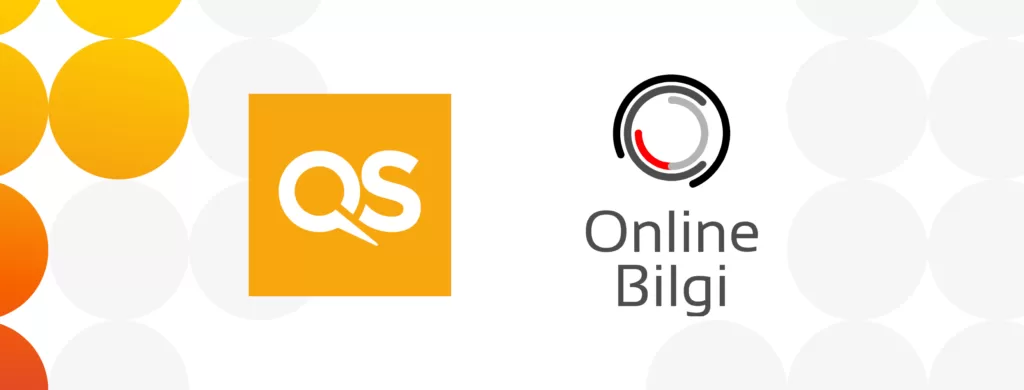Artificial Intelligence (AI) is already playing a significant role in higher education. But what can the study of linguistics reveal about the future of AI?
In a previous blog, QS explored how the fourth industrial revolution (the increasing incorporation of AI, robotics, and smart technology into our everyday lives) was already reshaping higher education in significant ways.
Not only are institutions having to prepare their students for evolving industries, equipping them with the skills required to succeed in a new graduate employment market, but these institutions are also incorporating AI into the learning process itself.
One example of this is machine learning: “The idea that computer programs can continuously develop better analysis by learning from new data observations without the need for human intervention.”
When implemented in higher education, machine learning can help create more optimized learning paths for students and, in doing so, establish higher retention rates.
But how can higher education itself contribute to the advancement of AI?
One answer is through the study of linguistics.
In the words of Professor John McCarthy, legendary computer scientist at Stanford University, “natural language does not have a full set of rules of inference. At least linguists haven’t identified them yet.”
In other words, the complexity of human language, its evolving form, meaning, and context, presents several challenges for AI, machines that function by identifying logic and patterns.
According to a report by Marjorie McShane and Sergei Nirenburg, recent AI research has “focused on applying statistical and machine learning approaches to big data rather than attempting to model what people do and how they do it.”
The authors argue that in order to develop machines that can understand human language, we must “place linguistics front and center” within AI research.
Natural Language Processing (NLP) is an area of AI that draws on computer science and computational linguistics to “fill the gap between human communication and computer understanding.”
Higher education institutions that nourish this field of study, through research or education pathways, will in turn be contributing to the advancement of AI.
According to the writers at CIO, NLP also presents several emerging career opportunities for linguistic graduates who are usually prepared for “careers in academia, professional writing, or translation.”
The publication states: “Companies in the AI market are turning to those with linguistic backgrounds to help aid in things like product development and customer service.”
It’s not only linguistics students that have a lot to gain from higher education prioritizing the study of NLP.
According to a study by Nil Goksel-Canbek and Mehmet Emin Mutlu, NLP is “the most crucial element for creating computer software that provides the human-computer interaction for storing initial information, solving specific problems, and doing repetitive tasks demanded by the user.”
As these functions play a crucial role in the learning process, all higher education students are sure to benefit in many ways from the advancement of NLP.
Intelligent Personal Assistants, programs that, as summarized by Hauswald et al., “provide assistance by answering questions in natural language, making recommendations, and performing actions,” are already being used by many in daily life, including as part of the learning process.
The more AI understands the nuances of language, the better the assistance it can provide to students.
To learn more about the relationship between linguistics and higher education, please register for our online event: Languages and Migration in a Globalized World.
Note: Delegates with full access tickets will be able to revisit the event’s content on demand for one month after the event.



